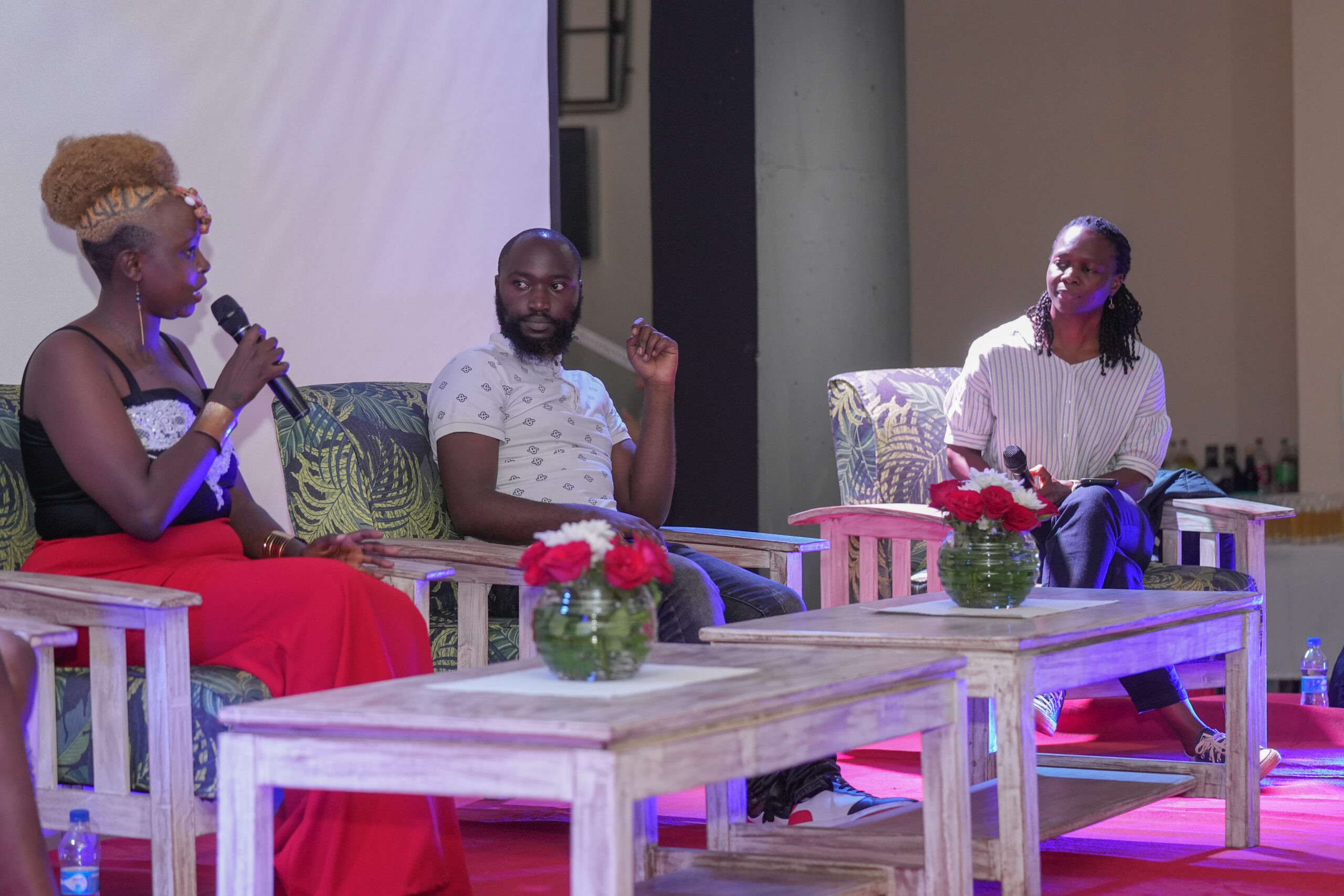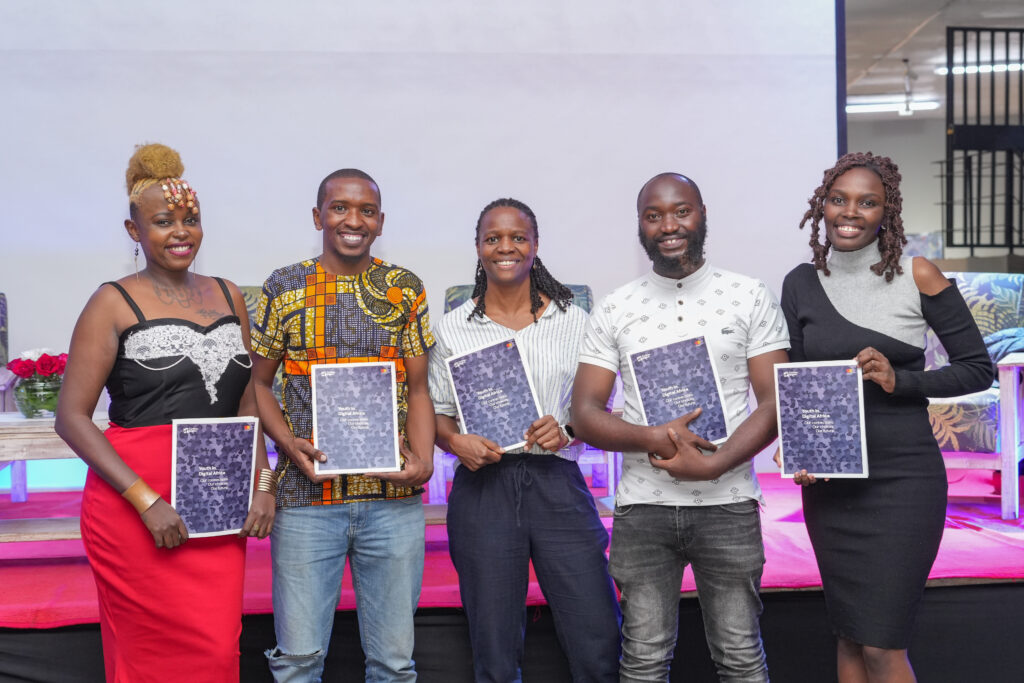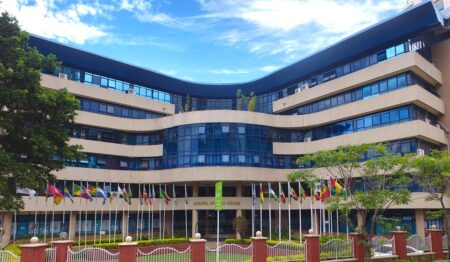- Key findings reveal a significant gender gap in digital technology use, with young African women often pressured to abandon social media
- The “Youth in Digital Africa” report calls for government investment in infrastructure and skills development
- Young African Women also face higher rates of online harassment and bullying
Societal norms and bullying have seen young African women lag in adopting digital technologies, a new survey has revealed. The report titled Youth in Digital Africa: Our connections. Our choices. Our future. has been released by Caribou Digital in partnership with the Mastercard Foundation.
The report compiles personal narratives from young people across Africa, providing insights into how digital technology influences their lives and offering recommendations to maximise its benefits.
The study identifies five key themes: access, skills, jobs, voice, and choice, highlighting the intertwined nature of digitalisation in their experiences.
Caribou Digital conducted a six-month study across seven African countries from July 2022 to January 2023 to assess the impact of digital technology on young people, aiming to inform policies affecting over 400 million individuals aged 15 to 35.
The report integrates existing research from the Mastercard Foundation, which includes over 360 firsthand accounts of technology use. It features a youth panel of 20 diverse participants, including refugees and individuals with disabilities.

Research & Insights Manager at Caribou Digital, Grace Natabaalo, said that the report is a collection of voices empowered by the benefits of digital access to marginalised by the significant barriers preventing their full participation in this burgeoning technological age.
“We view this report and its findings as a statement for Africa, which has the largest youth population in the world; it is crucial that they are not left behind their global peers and are invested in through strong infrastructure, skills training, and inclusive policies. As we enter a new era of Artificial Intelligence (AI), African governments must ensure that young people in Africa are prepared to harness the transformative power of AI,’’ said Natabaalo.
Challenges Young African Women Face
The report also highlights challenges faced by young Africans with disabilities, such as the high cost of assistive technologies like screen readers and the skills needed to use them.
Read Also: The Digital Revolution: Gaming in Africa
For example, a participant from Rwanda named Papi shared his struggle to afford lessons for JAWS, a screen-reading software for the visually impaired, costing $2-3 per hour.
“Assistive technologies can significantly improve the lives of young people with disabilities, as narrated in the report, and without them, they risk being left behind in a world where the use of technologies like the internet is associated with higher well-being,” the report reads.
The report underscores the transformative potential of digital technologies, which enable young Africans to connect, build networks, find opportunities, and access resources and skills training.
During the COVID-19 pandemic, digital access proved vital for young entrepreneurs, with 15 percent moving their businesses online or increasing online sales in countries like Kenya, Rwanda, Uganda, Ghana, and Ethiopia.

The “Youth in Digital Africa” report calls for government investment in infrastructure and skills development, especially for young women, people with disabilities, those in rural areas, and refugees. It emphasises the need for inclusive policies to bridge the digital divide and unlock the potential of Africa’s youth population.
The Director for Research Systems Strengthening and Knowledge Mobilisation at Mastercard Foundation Ayo Ojebode said that Mastercard Foundation envisions a future in which all young people in Africa can access dignified and fulfilling work.











